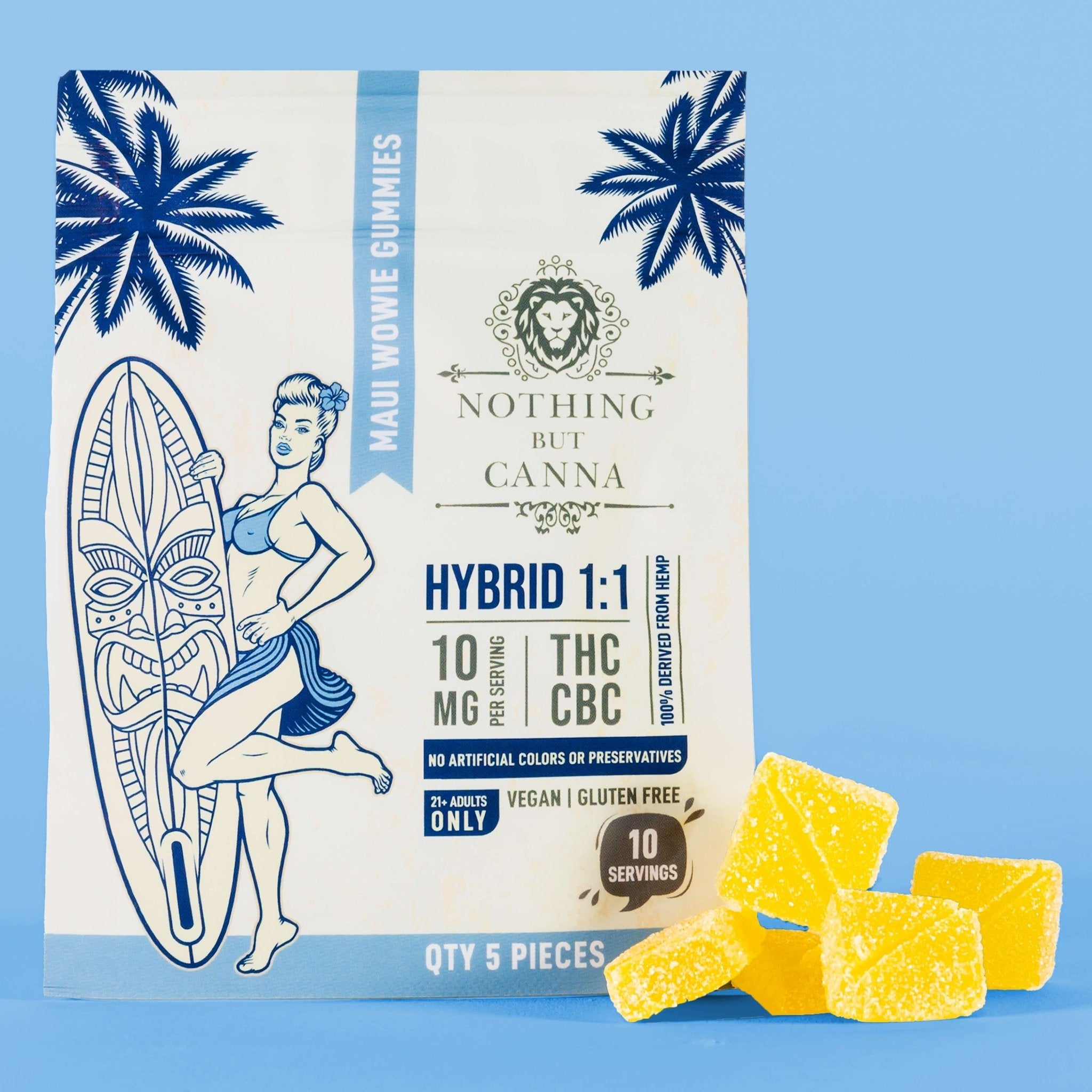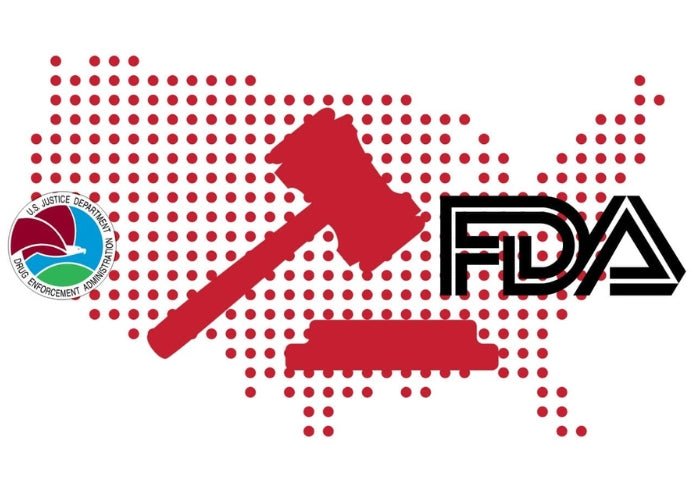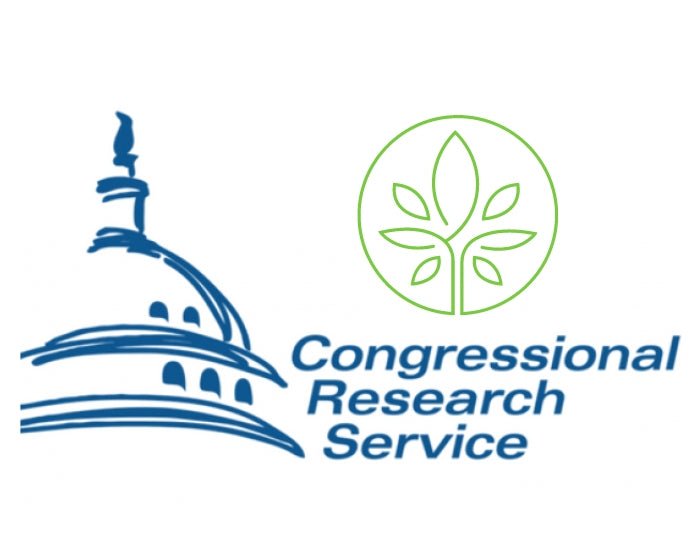Once the darling American corporate accessory for every Canadian marijuana business to acquire, hemp-based CBD companies are no longer in fashion north of the border.

What a difference five years can make. Following the passage of the 2018 Farm Bill, which, among many important provisions, legalized the cultivation and sale of hemp in the United States, a new and highly sought-after market sector exploded onto the American economic landscape.
The wildly popular hemp derivative CBD or cannabidiol became all the rage in the health and wellness sphere and the venture capital space. Almost overnight, hemp farms began springing up in every agricultural corner of the country, and aggressive and innovative entrepreneurs started manufacturing and selling a vast array of hemp-derived products ranging from CBD, as mentioned earlier, to items containing hemp-based delta-8 and -9 THC.
Among those individuals and organizations eager to join the hemp party and the massive amounts of cash it promised to provide were Canadian-based cannabis companies searching for investment opportunities with an eye toward the ultimate prize - a seat at the American cannabis market table.
Companies like Canopy Growth Corp. purchased a hemp farm in Springfield, New York. They also began plans to construct a $150 million industrial park to produce and distribute hemp products in neighboring Kirkwood. Additionally, Aurora Cannabis acquired Reliva, a manufacturer of CBD products based in Massachusetts, and Cronos Group spent hundreds of millions to buy the Lord Jones hemp CBD brand.
The primary reason for the massive spending spree on American hemp assets was to get a foothold in the potentially largest and most lucrative cannabis market in the world. While cannabis remains illegal under U.S. federal law, the growing number of states legalizing adult-use marijuana made it seem inevitable that prohibition's days were numbered.
Grabbing a well-positioned and well-known hemp-based brand seemed a smart move for aspiring Canadian cannabis companies seeking access to the big leagues of American marijuana consumers.
"Around 2020, it was starting to become clear that there's only so much that these cannabis companies can grow within the country of Canada – Canada's only so big, and there's only so much cannabis that can be consumed there. They could play in the (U.S.) CBD space and then eventually take that presence in CBD into the (high-THC) cannabis space," said Bethany Gomez, managing director of Chicago-based cannabis analytics firm Brightfield Group.
"Around 2020, it was starting to become clear that there's only so much that these cannabis companies can grow within the country of Canada – Canada's only so big, and there's only so much cannabis that can be consumed there. They could play in the (U.S.) CBD space and then eventually take that presence in CBD into the (high-THC) cannabis space."
- Bethany Gomez, Managing Director of Cannabis Analytics firm Brightfield Group
Many of these companies hoped to quickly purchase a branded presence in the market via the legal hemp sector. Once federal prohibition lifted, they would seamlessly transition to the recreational cannabis market.
Beau Whitney, chief economist of Portland, Oregon-based hemp and marijuana data and analysis firm Whitney Economics, explains that it was meant to be "an opportunity to plant the seed of a brand early on (and) get that into the mainstream. And then, as the adult-use market opens up, you've already got a brand established – and then you just convert over to your adult-use product line."
"(It was meant to be) an opportunity to plant the seed of a brand early on (and) get that into the mainstream. And then, as the adult-use market opens up, you've already got a brand established – and then you just convert over to your adult-use product line."
- Beau Whitney, Chief Economist of Whitney Economics
However, hindsight is almost always 20/20. The goal of leveraging American hemp CBD assets to gain early entry to the recreational cannabis sector in the event of federal legalization hasn't panned out. And many of those businesses are now experiencing the financial pain of buyer's remorse in 2023.
According to multiple local and national media outlets, a significant number of Canadian cannabis companies are cutting their losses and abandoning the once-promising U.S. hemp industry.
- In 2020, Canopy ceased all hemp farming at its facility in New York amid "an abundance of hemp." The company also abandoned the Kirkwood Industrial project.
- This past June, Cronos released a statement saying it was leaving the U.S. CBD market and planning to relaunch Lord Jones in Canada.
- Aurora announced it was shutting down Reliva this month.
- Green Roads, a CBD manufacturer based in Florida, acquired by Canadian cannabis manufacturer The Valens Co., filed for bankruptcy earlier this year.
The retreat by Canadian companies from the U.S. CBD market is due to many contributing factors, according to market experts. One reason for the pullback is simply a lack of continued growth and good fortune for the once highly "bullish" licensed marijuana producers in Canada.
Another more critical and troubling explanation for the departure is the seismic contraction in the hemp-based CBD market in America. Much of that shrinkage has been blamed on the U.S. government's lack of vision and commitment to effectively and adequately regulate CBD hemp products.
"It's a very, very difficult market in the U.S. right now," said Gomez. According to a study by the Brightfield Group, the American CBD market peaked at almost $4.7 billion in sales in 2021 before dropping to $4.4 billion in 2022. The Group is predicting a precipitous decline for 2023 as well.
With bipartisan gridlock operating as the norm for most Congressional legislation these days, analysts like Gomez are not very optimistic for much to change concerning an end to federal prohibition or regulatory stability in the American CBD industry. And if neither of those contentious issues makes a turn for the positive soon, Canadian investment in the U.S. CBD market will remain risky at best and foolhardy at worst.
"There's very little optimism in federal legalization toward cannabis, there's no movement from the (U.S. Food and Drug Administration) on (regulation) of CBD, and that market has really hit a standstill. And there's not a lot of promise, in the near term, of cannabis taking off or having a type of triggering event that would allow them to really tap the U.S. cannabis market," Gomez said.
"There's very little optimism in federal legalization toward cannabis, there's no movement from the (U.S. Food and Drug Administration) on (regulation) of CBD, and that market has really hit a standstill. And there's not a lot of promise, in the near term, of cannabis taking off or having a type of triggering event that would allow them to really tap the U.S. cannabis market."
- Bethany Gomez, Managing Director of Cannabis Analytics firm Brightfield Group
Investing in any speculative market is the classic quandary of "No risk, no reward." When uncontrollable variables are at play, there is always a chance that investors could win big or lose it all. The American hemp and cannabis industries are clear examples of why venture capitalism requires guts, determination, and, above all, luck.
The U.S. cannabis market will eventually be one of American history's most financially prosperous sectors. But that day is not today. Just ask Canada.







































